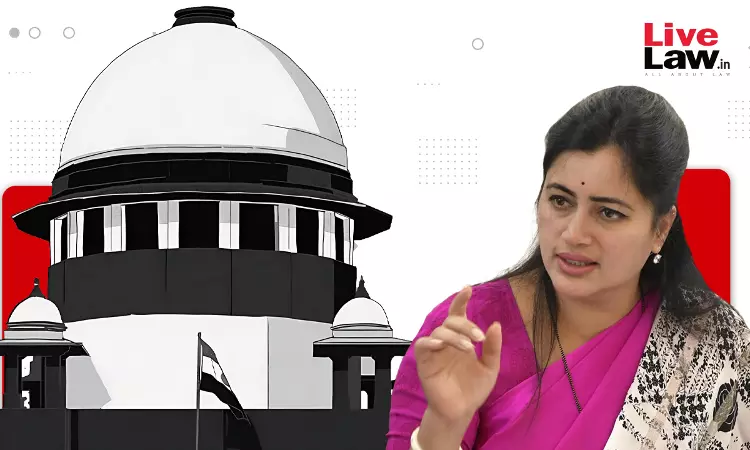The Supreme Court on Thursday (February 23), resuming its hearing on the issue of cancellation of the caste certificate of Amravati MP Navneet Kaur Rana, dwelled into the aspect of the purpose and scope of the Constitution (Scheduled Castes) Order, 1950 and how the designation of Scheduled Castes in different states varied on sociological basis. The bench comprising Justices JK Maheshwari...

